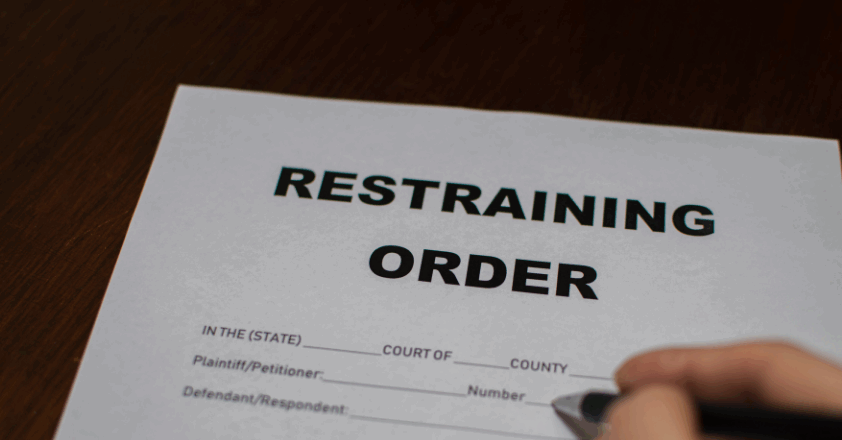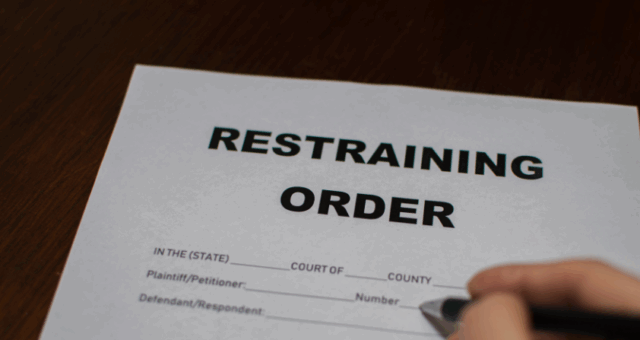Understanding the Use of Injunction Orders and Bonds


A judge can issue an injunction, to prevent a specified action—temporarily or permanently. Failure to comply can result in further legal action.
The Purpose of Injunction Bonds
When a court grants an injunction, an injunction bond is often required. An injunction bond is a type of surety bond. Like all surety bonds, the essential purpose of an injunction bond is to protect the public interest. An injunction bond acts as a guarantee that a plaintiff will pay court costs and damages to the defendant if a court of law ultimately determines that the injunction was unnecessary.
The amount of the injunction bond is set by the court, based on the specifics of the injunction order. An Injunction bond is sometimes also known as a restraining or temporary restraining order bond.
Usually, when a court requests an injunction bond, it must be obtained quickly, since time is of the essence in curtailing the actions detailed in the injunction.
With a unique I-Bond® process, Colonial Surety Company helps, by providing instant, online bonds, including Injunction Bonds.
Obtain an Injunction Bond here, now.
Case Study: A Current Example of an Injunction and Injunction Bond
Injunction orders—and bonds, can be used to prevent the government from demolishing a property that local citizens value as historic. A case like this is currently playing out in Alaska. As reported by The Seward Journal:
A superior court judge has granted a conditional injunction against the City of Seward’s demolition efforts at the site of the historic Jesse Lee Home. Judge Lance Joanis ruled yesterday that the current restraining order against the city be replaced by a preliminary injunction if the non-profit Friends of Jesse Lee Home (FJLH) post an additional security bond of $536,720.73 by Sept. 30.
The FJLH filed the injunction earlier this month with an accompanying lawsuit disputing the city’s claim to ownership of the property. The city has claimed that the FJLH lost the property in Aug. 2019, when the organization failed to meet certain requirements under the terms of its deed. The FJLH allege that the city blocked their attempts to meet those obligations
Injunction Orders: Specific Details
When a judge grants an injunction, specific terms and the people bound to them must be included, in detail. The Legal Information Institute of Cornell Law School indicates that an order granting an injunction must:
- State the reasons why it has been issued
- State its terms specifically
- Describe in reasonable detail the act or acts restrained or required
- Specify the parties, officers, agents, servants, employees, attorneys and other persons bound to the order—and appropriately notified.
As illustrated by the court case involving the Jesse Lee Home in Alaska, the court also specifies the terms of the required injunction bond, including the amount. Licensed in all 50 states and US Territories, Colonial Surety Company is a leading provider of injunction bonds. Colonial Surety’s innovative, direct, the online process makes it efficient to obtain these court required bonds. Click here now for the Injunction Bond you need!
Nice To Know
Although some in Seward, Alaska say the long-abandoned and neglected Jesse Lee Home looks like a haunted house, The Friends of Jesse Lee Home envision restoring the historic property to reflect it’s glory days, perhaps even making it a state-owned magnet school. The Seward Journal notes:
The Jesse Lee Home was a refuge and school for hundreds of children from 1926 to 1964. Most were Alaska Native kids displaced from tuberculosis- and flu-ravaged villages. Famously, a 13-year-old Alutiiq boy named Benny Benson won a statewide contest to design Alaska’s flag while living at the home. This became the first place ever to fly it.

